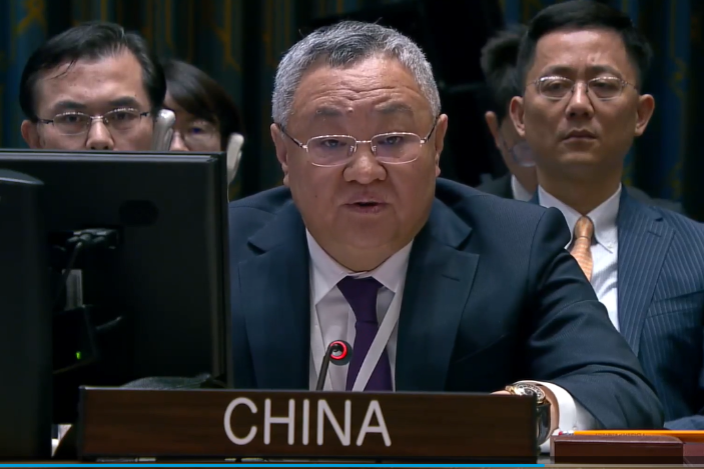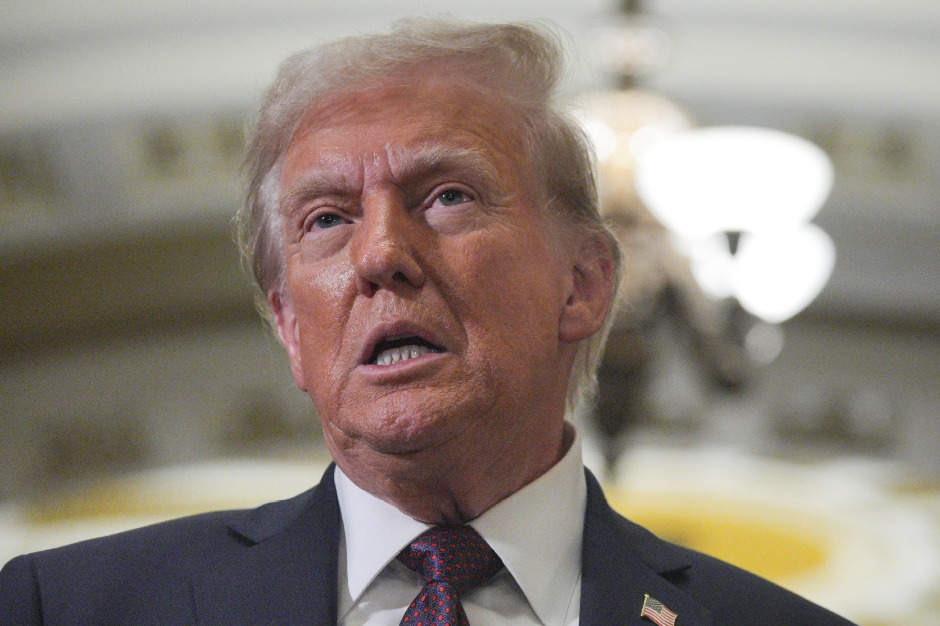Fear of reprisals threatens Europe's Iran mechanism


A legal mechanism within the European Union to facilitate legitimate financial transactions with Iran may prove difficult to implement, especially in the short term, Chinese experts warned.
The initiative, known as Special Purpose Vehicle, is being threatened as no EU country is willing to host the operation for fear of provoking punishment from the United States.
The SPV aims to allow European companies to continue to trade with Iran in accordance with EU law and could be open to other partners.
Proposed by the EU, Iran and five countries - China, Britain, France, Germany, Russia - in September, the mechanism is an effort to save the 2015 nuclear deal after the US withdrew and reimposed sanctions on Iran.
"Austria has indeed refused. It's not dead, but it's not going in the right direction. We are going to try again with Luxembourg, but we're under no illusions," a European diplomat said on Wednesday, adding that Belgium and Luxembourg are two other possibilities, while both have expressed strong reservations although they have not commented publicly.
The EU's executive on Wednesday promised EU lawmakers a solution would be found and that technical work continued, adding that the bloc would not be cowed by US sanctions.
European Justice Commissioner Vera Jourova told the European Parliament in Strasbourg that the Europeans "cannot accept that a foreign power, not even our closest friend and ally, takes decisions over our legitimate trade with another country", referring to the US.
Niu Song, professor of Middle East Studies Institute at Shanghai International Studies University, said the mechanism may succeed in the long run, although achieving substantial progress in the short term will prove difficult, as there are technical barriers and political resistance.
"It is very difficult for the EU in its attempt to challenge the US dollar hegemony by establishing SPV through the Iranian sanctions, and the US will have many countermeasures, especially in the security field," he said. "In fact, many European companies also have no confidence in competing with Washington."
Zou Zhiqiang, a researcher from Shanghai International Studies University, said the EU cannot completely cut off economic ties with Iran or abandon the Iranian market, even if the SPV fails.
"It is possible for the EU to continue to maintain certain economic and trade exchanges through third parties, such as Italy and Greece, which are exempted from the US and also members of the party," he said.
However, if the US persists with a tough attitude, he said, the economic exchange between the EU and Iran will be substantially weakened or even interrupted.
"The future depends more on the attitude of the US as well as the negotiations and bargains between the US and Europe."
Reuters contributed to this story.































